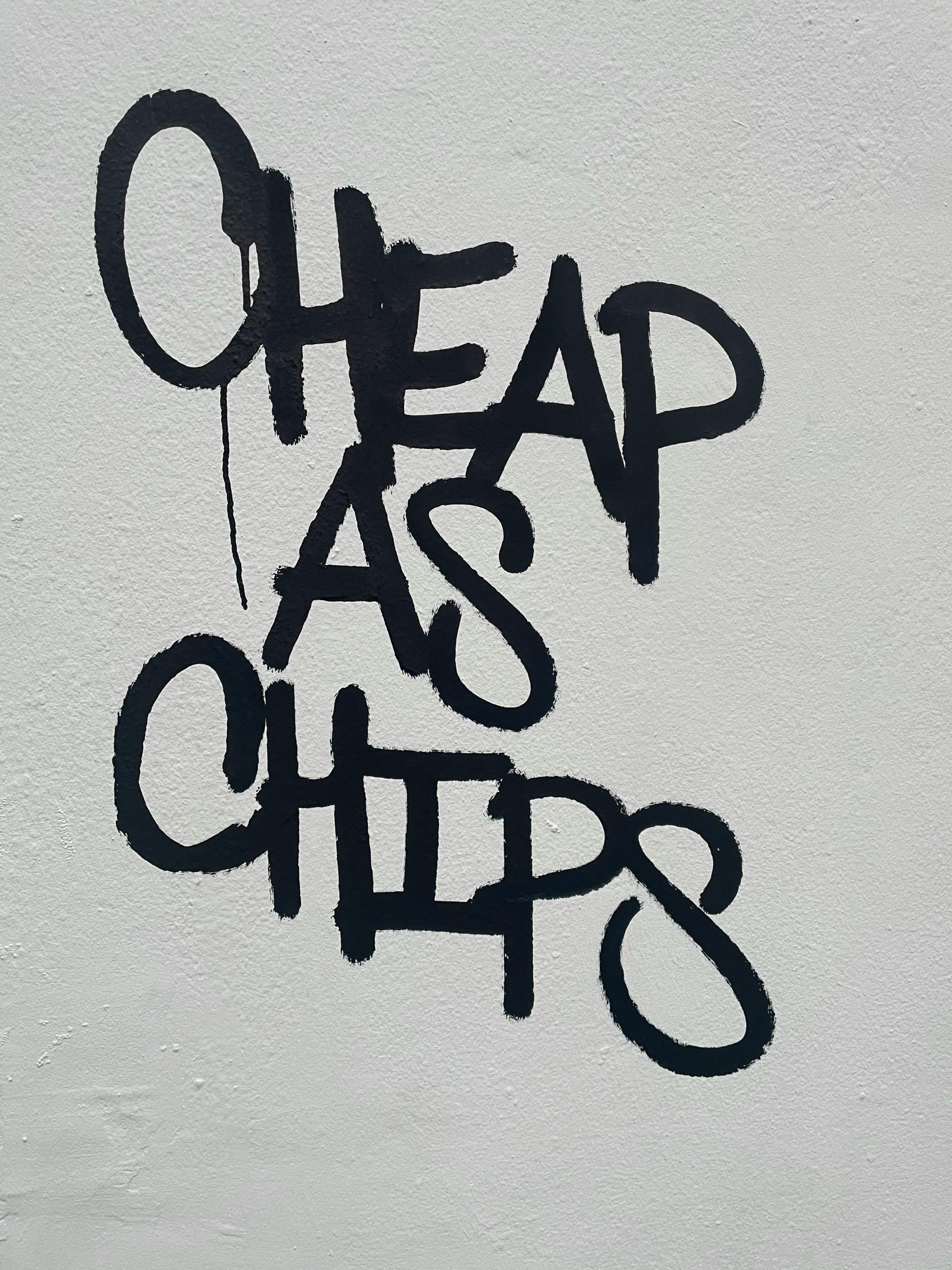The Evolution of Control: Rethinking Freedom in Modern Society
In today’s world, the notion of freedom can often feel like an illusion. While many believe that the era of slavery in America has ended, a deeper look reveals that the structures of control have merely transformed. Rather than relying on physical restraints, such as chains or plantations, the mechanisms of oppression have become more insidious, manifesting in a digital and psychological realm.
The control we experience now is internalized and disguised as the freedom we cherish. We may think we are liberated, yet we are being managed, often unaware that we are subconsciously overseeing our own lives. The concept of adult life has devolved into an endless cycle where individuals wake up, work tirelessly for minimal compensation, and find themselves trapped in a system designed not for liberation but for survival. This has been normalized to such a degree that questioning it often invites scorn or pity from others who defend the status quo.
At the core of this modern predicament lies our relationship with money. Once a tangible measure of value, currency has morphed into an arbitrary construct that affects our access to essential resources like food, shelter, and healthcare. The wealth generated by those who do not actively contribute to the workforce is distributed disproportionately, with the majority of personal income consumed by rent, debt, and taxes. The scarcity of resources is artificially manufactured, and while the hardship is all too real, the system that perpetuates it is seldom challenged.
The internet, heralded as a revolutionary tool for the democratization of information, has instead evolved into a complex surveillance apparatus. Every action online—be it a click, a search, or a post—contributes to a data landscape that not only tracks but can manipulate behavior. A growing awareness of this reality has not led to widespread rejection of these practices; rather, it has bred a resigned acceptance, one where individuals continue to engage with these platforms that thrive on the very attention they seek to control.
In the realm of social media, we find ourselves entangled in a self-regulated environment governed by strict norms and algorithms. The pressure to conform to a particular style or message creates an atmosphere where true expression risks ostracization. This phenomenon can feel less like a vibrant community and more akin to a digital plantation, where rewards are given for compliance and dissent leads to erasure.
Even institutions historically seen as sources of hope and transcendence, such as religion, have shifted to reflect this controlling paradigm. Modern faith often



